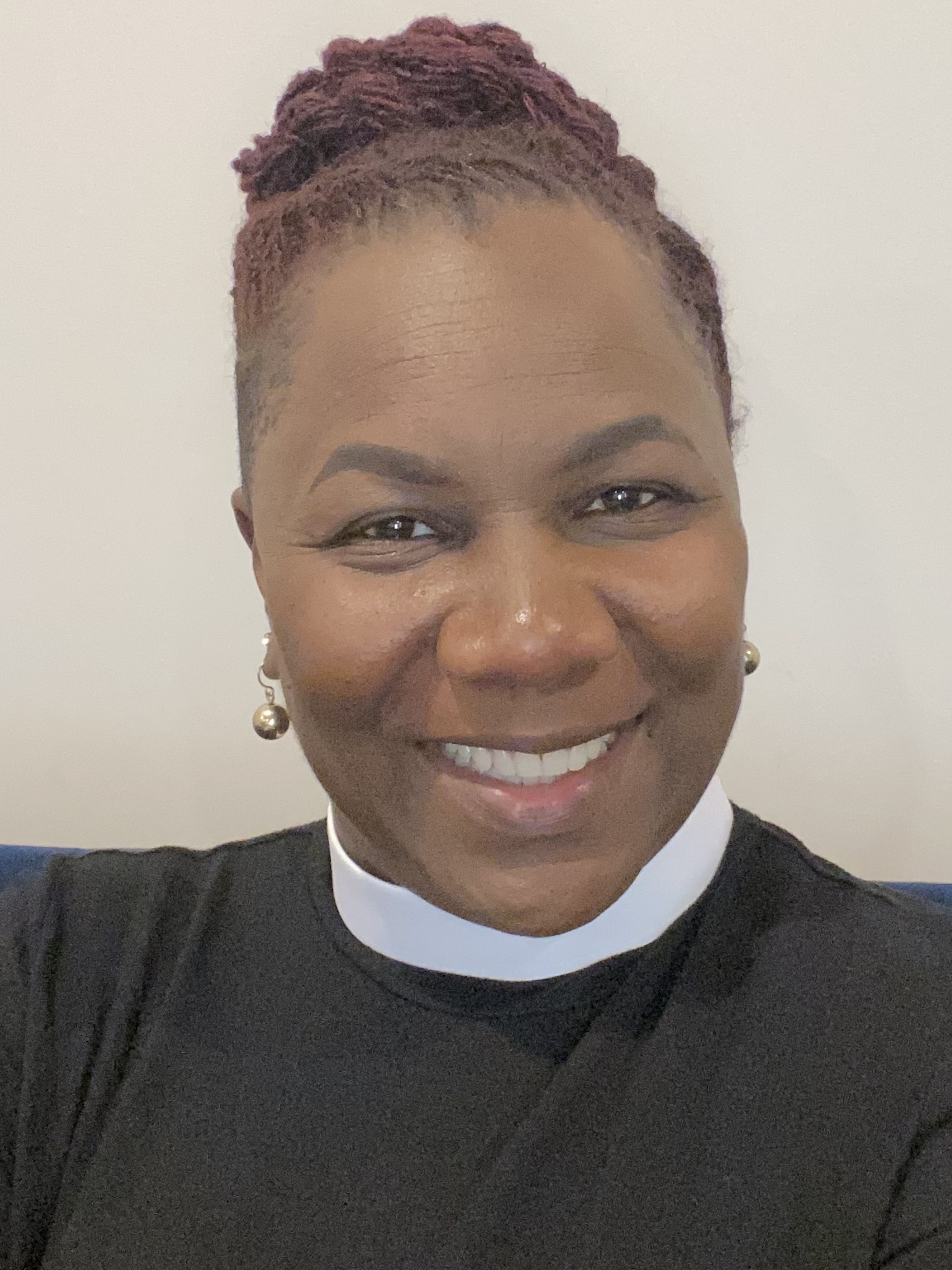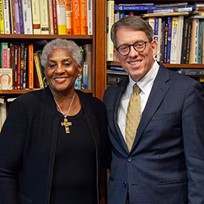By John Thomas III, Editor
Over the last few months, artist Kanye West has held a series of “Sunday Services”. The “Services” have been held in a variety of locations from well-known churches to open-air concert venues. The events feature the “Samples,” a mass gospel choir led by Jason White, singing a blend of contemporary and traditional songs. While West’s presence and influence is clear, he has limited his interventions to the occasional intonation and freestyle. Regarding the inspiration behind the “Services”, West stated in an interview with David Letterman, “It’s just an idea we had to open up our hearts to make music that we felt was as pure and as positive as possible… have something where people can just come together and feel good with their families.”
These “Services” have particularly divided the Black Church with some praising West for using his fame and notoriety for evangelism while others see the services as at best a gimmick and at worse a blasphemous affront to the Gospel and the sacred houses of worship, they are performed in. On September 30, 2019, West’s “Sunday Service” at Greater Allen Cathedral, New York, brought the controversy home to the AME Church. West’s performance in one of the crown jewels of African Methodism sparked heated debates with strong opinions from AME members across social media and beyond.
Using secular ideas and tools to reach people with the sacred message of Christ is not new. Jesus himself frequently used parables to make His teachings relatable to the masses. Many of the hymns cherished in our Methodist tradition have their melodic roots in 18th century English drinking songs. Within the African American religious tradition, the line between secular and sacred music is blurred and frequently crossed. Notable artists from Ray Charles, Sam Cook, and Aretha Franklin to Beyoncé, Ella Mai and Lizzo have firm roots in the Black Church. Furthermore, secular artists have frequently acknowledged their religious origins and faith by placing a religious song on an otherwise secular album. Conversely, the use of secular material by gospel artists is also a well-known phenomenon. Decades before Kirk Franklin sampled the beats of secular songs for his albums, James Cleveland remixed a Gladys Knight song into an instant hit. West was even lauded for his track “Jesus Walks” which used a sample from the ARC Choir.
Given the accepted and long-standing blending of secular and sacred music in the Black Church, why has West’s latest endeavor elicited disdain and concern? It is no secret that West has publicly struggled with mental health issues—particularly since the untimely death of his mother, Donda West. This latest quest for “belonging” strikes some as a grab for attention or profit—particularly as the concerts are leading up to a new album, Jesus is King. Along with the sale of merchandise at the “Services” which range in price, from $50 to $225.
Even with a genuine desire to reconnect with his faith, West’s problematic comments supporting President Trump and questioning the horrors of slavery make it difficult for some to separate the message from the flawed messenger. The structure of the “Sunday Services” has met with controversy because while churches have been used, the crowds were largely “invitation only” wherein attendees were asked to sign non-disclosure agreements. Many VIP entertainers and selected high-profile preachers would appear/participate with most other persons having to wait in line, as if they were attending a standard concert instead of worship service. In response to these criticisms, recent gatherings have been more open to the public. Also, artists in the gospel music industry with a clear understanding of the church worship environment have not received nearly as much attention as West for exploring his faith. Does it only take a good choir and sound to be successful in the gospel music industry?
We all can agree that the world is sorely in need of the message of hope and salvation in the teachings of Jesus Christ. In the desire to reach out and save the lost, however, we must be mindful that Jesus called Christians to be the “salt of the world”. The same teachings that exhort us to go out into the world remind us, to be in the world and not of it. While West’s “Sunday Services” could be the beginning of a faith awakening, they cannot take the place of evangelism rooted in God’s word and a liberating theology that goes beyond the choir and the stage.
“For the time is coming when people will not put up with sound doctrine, but having itching ears, they will accumulate for themselves teachers to suit their own desires, 4 and will turn away from listening to the truth and wander away to myths.” 2 Timothy 4:3-4 (NRSV)





